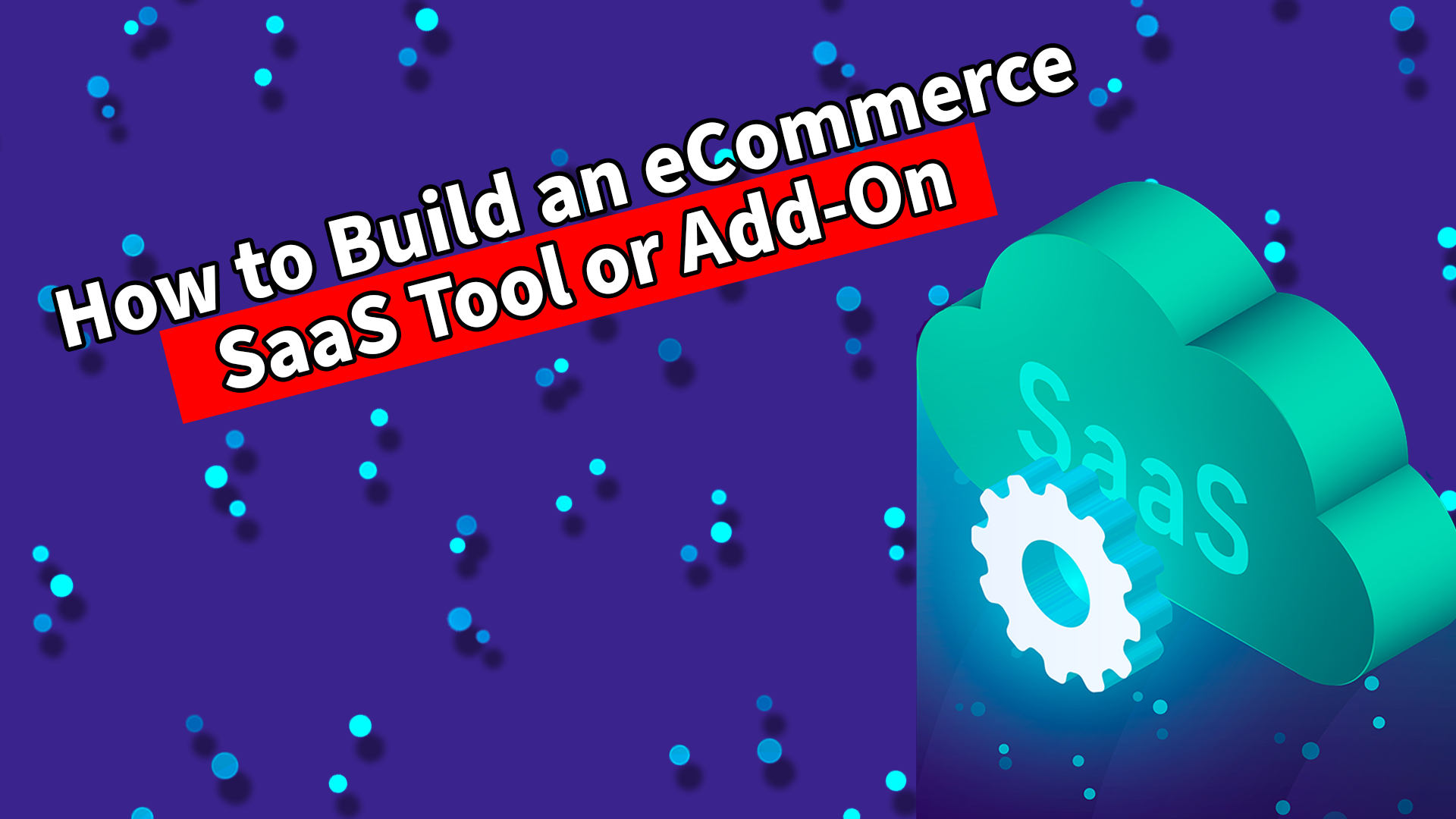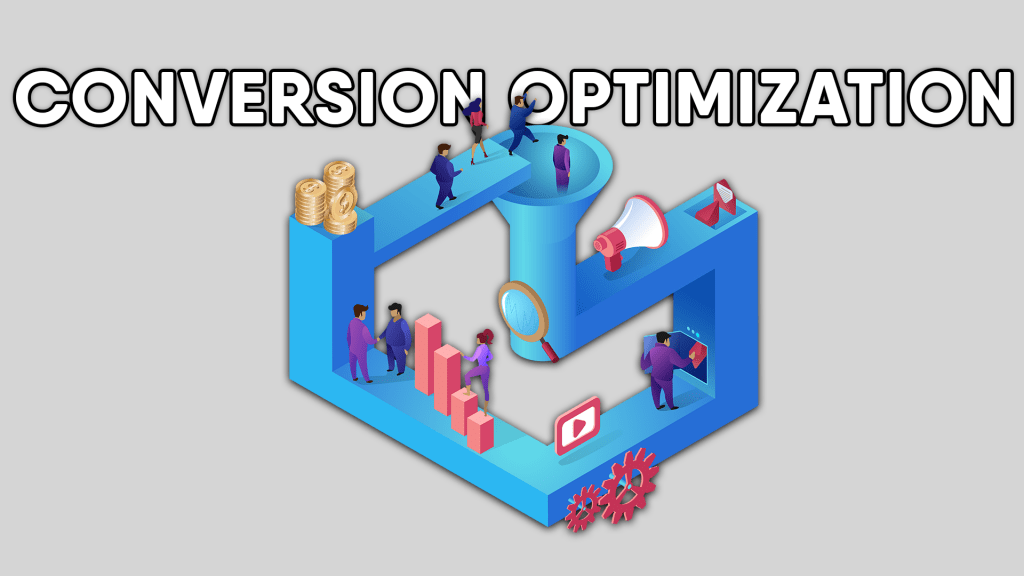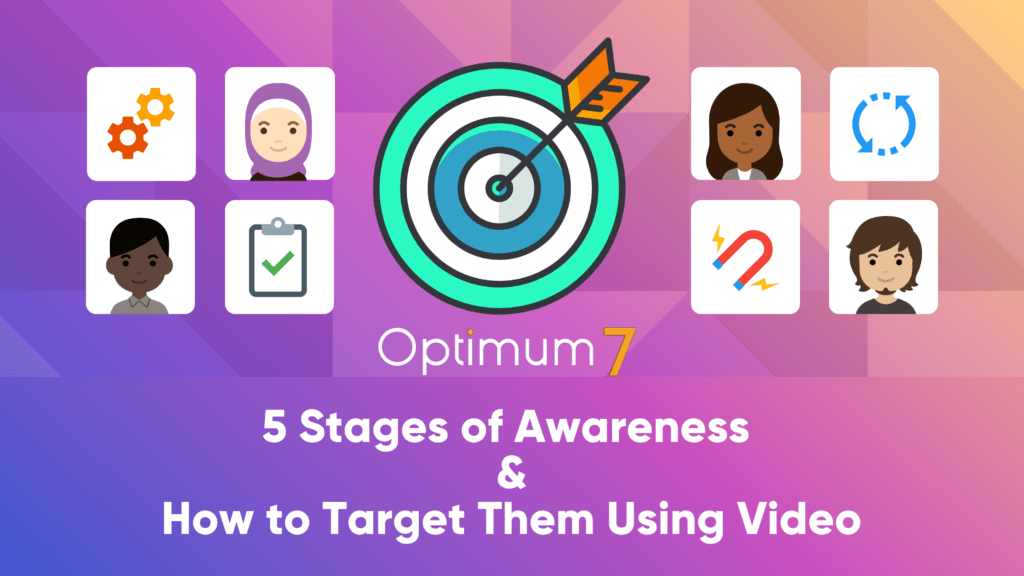If you’re in the eCommerce space as a business owner or agency providing services for marketing or PR, you know everyone’s trying to go 100% digital and eCommerce is a big part of this. Just look at the stocks of Amazon or any other public eCommerce company out there you’re going to see that they have grown significantly because more and more people are now shopping online.
Optimum7 a development and marketing department respectively. Initially, a marketing agency, development has become a higher priority over the last seven years, with ninety percent being eCommerce-related. Team members have built APIS, Saas solutions and add-ons. The add-ons include apps for Shopify, BigCommerce, Volusion, Magento, and WooCommerce.
Why eCommerce firms need SaaS solutions or add-ons
Why would eCommerce firms need a SaaS solution or add-on?
The increase in eCommerce volume also comes with new pain points. These can be issues that mess with store owners as they widen their perspective. Clients will ring up and say, “We’re having this issue and need an add-on, third-party app, or API integration to solve the problem.”
What are these called?
Niche or micro SaaS solutions. When the developers build an app, add-on or a SaaS solution like this, they don’t expect to have more than a thousand customers because it addresses a specific business point or technical problem.
The value for the eCommerce business owners out there is not high. This is regardless of them being on Shopify, BigCommerce, Magento, or WooCommerce. Roughly 1000-3000 people will pay you $100 per month for this type of tool to fix their current problem. This counts as a micro SaaS solution.
eCommerce SaaS Case Studies With Small Businesses: FFL API (Firearms Industry)
The team gets twenty to thirty new requests on a weekly basis. Clients ask, “I need A, B, C, D.” And we literally need to look at the feasibility of making that possible. We’ll share one that we got this past week. There’s a prospect that wants to save search results on his website and create alerts for those search results because he thought that that would be the solution to informing his clients or customers of new products or results.
With such technology, the team would need to build a backend admin and a third party database. These can handle requests for gifts or baby registries. In one case, the owners wanted the team to merge the gift registry with the in-store iPhone and iPad pickup kind of functionality. So we get some crazy functionalities.
Talk to us about FFL API. It’s very niche and unique.
These SaaS solutions are going to be for a very niche industry, with few requests. However, each and every one of these clients that come to us all has the same exact pain point. They have hundreds of millions of customers making purchases. The FFL API finds a federal firearms licensed dealer using the customer’s zip code. Then the firearm store owner can have this integrated onto their store at the point of checkout.
The API can be used on BigCommerce, WooCommerce, Magento, and Shopify. As a result, the firearm owner ensures that the purchase will ship to a licensed, active, licensed federal firearms licensed dealer. In the past, these owners were getting unwanted returns because they would ship the item over to the FFL dealer with expired licenses. The dealers could not release them to customers, who became annoyed.
FFL API is very basic. There was no centralized system or API for all the active federal firearms dealers. Despite that, ATF posts a list every two months or three months. Every time ATF updates it, the developers grab that list and we push it to our API, and validate it. If that FFL is active, the developers integrate it with your Shopify, BigCommerce, Magento, or WooCommerce checkout.
The API is a centralized solution that took 150 hours to build. This means the API is not excessively expensive and solves many FFL dealers and firearm owner operations. It also addresses the rules and the regulations that you need to abide by as a gun seller or a firearm seller.
Who needs this specific search session?
eCommerce business owners on Shopify, BigCommerce, Volusion, Magento need these. You might have a business problem that a functionality can solve.
Basic eCommerce SaaS Tools, Custom Functionalities, and Add-ons to Improve Conversion Rates
Consider this scenario. If you’re a B2B company and selling B2B and B2C, you want to track which of your clients that log in are tax-exempt and which ones are not. The customer finds it annoying to make a purchase and re-enter that information after filling their shopping cart.
You can implement a basic functionality for checkout to verify the exemptions, at a cost between three and four thousand dollars for a firm to build. Then it saves you from multiple headaches in the long run.
Suppose you find and develop that niche for a specific industry. These can include federal firearm dealers, for the firearm industry, tax-exempt for B2B companies. If you have an opportunity like this, leverage that opportunity, especially if you’re in a specific niche or industry.
How Much do Custom eCommerce SaaS Tools and Add Ons Cost?
Let’s talk about pricing.
It depends based on the problem that needs solving. If a potential client asks, “I have 200 clients in this vertical, and if you build this, I can sell to all 200 of them because everybody’s experiencing this problem.”
When we’re looking at something like this, what is the cost? What are we looking at in terms of cost? Is it going to be a simple integration? Do we have a database with relevant information?
The complexity of the app or the SAS itself will be broken down into hours. At the end of the day, if the developers see more opportunity, they may charge a little less upfront.
Why?
The developers’ opportunity to then resell this app to other businesses that are facing the same pain point. This can cost between $30,000 to $80,000.
A tax-exempt basic functionality could be a few thousand dollars, but if you want a true app or a SAS solution, you’re looking at a minimum of twenty to thirty thousand dollars. The price can go up to $100,000.
Start Building a Custom eCommmerce Solution for Your Business
Are you thinking about adding specific functionality to your eCommerce site or if you’re an agency or a marketing firm? Or do you want to build a specific eCommerce SAS, add-on, app, or plugin? Reach out to us. There are thousands of these functionalities on the Optimum7 site. Go to optimum7.com/custom-programming or Google Optimum7 custom programming.




